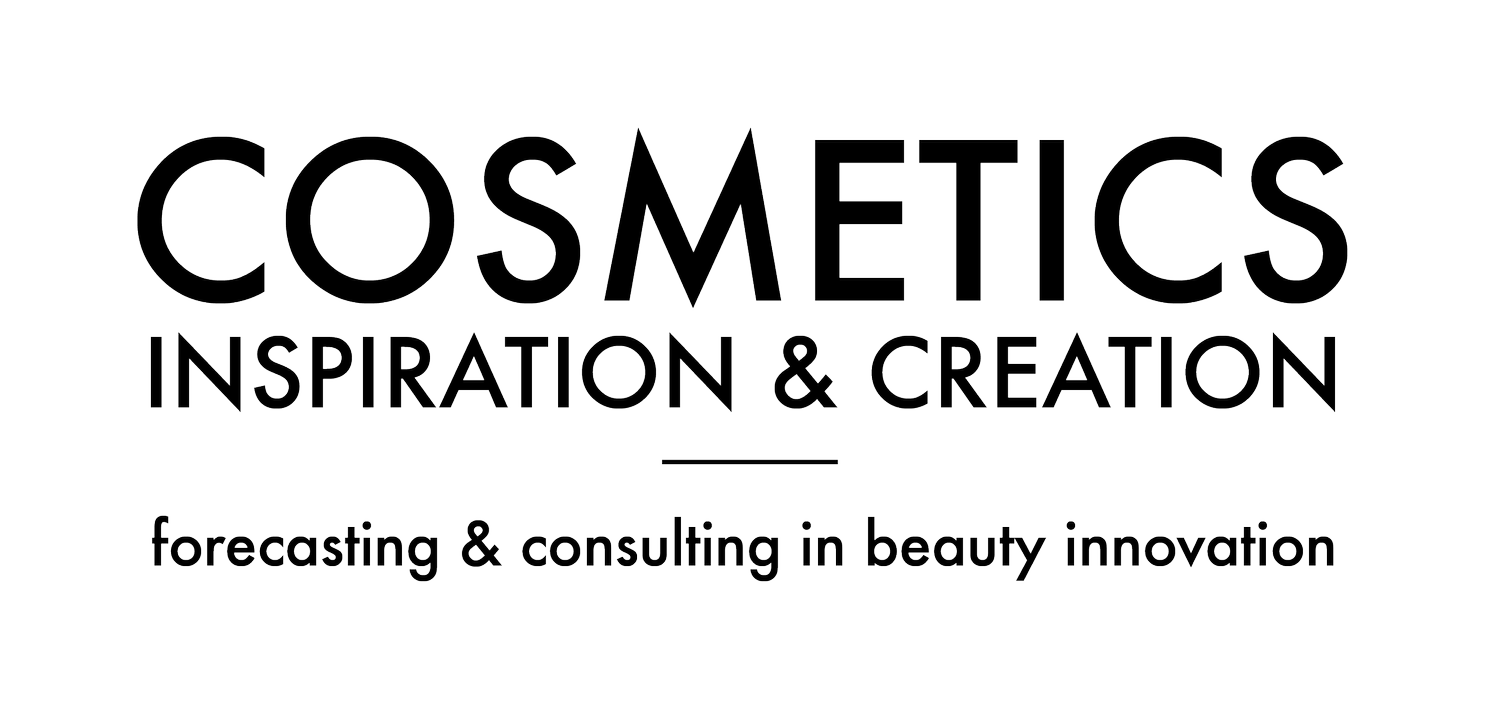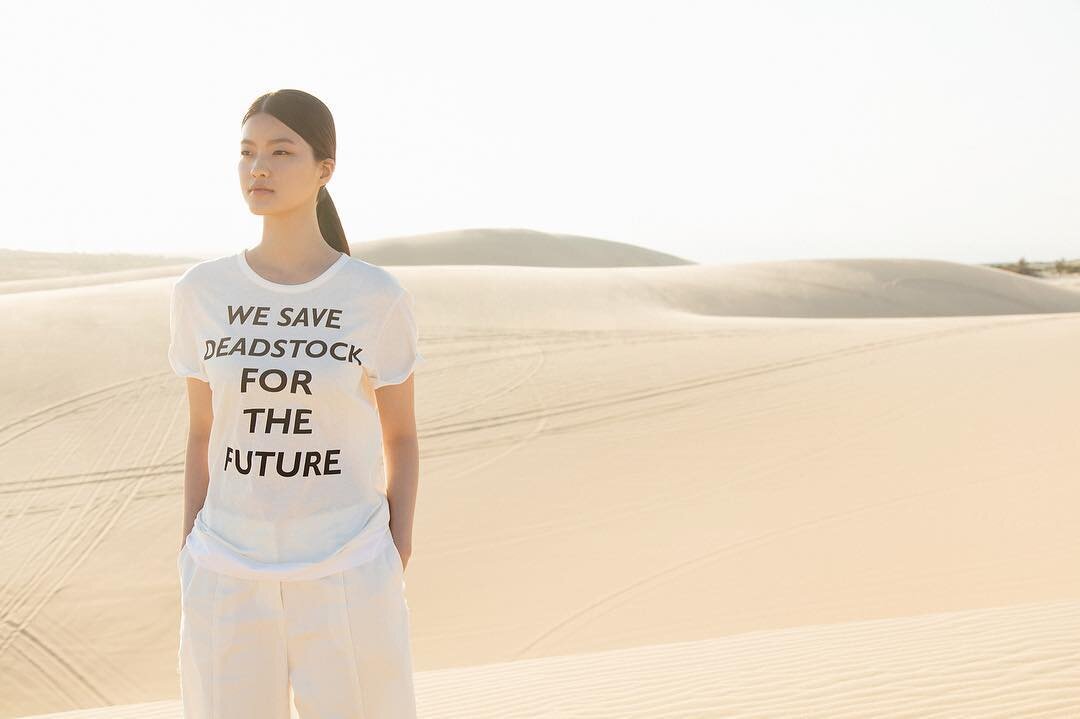Innisfree / Instagram
The South Korean market has always showed its ability to meet global needs, seizing the opportunity to innovate in Retail and Beauty. New priorities have emerged from 2021, as the market - and consumers - adapt to the new normal.
One of the key trend we address in our latest WhatsUp Report, is the next-gen circularity, a new focus of K-Beauty as rising consumer consciousness around sustainability fuels brand innovation. South Korea’s shift towards value-driven consumerism is rising with - two-thirds (59.5%) of women aged between 25 and 39 interested in eco-friendly and natural cosmetics*.
Brands and retailers are meeting the moment for responsible purchasing with waste-free or refill store concepts and inspiring consumers with new eco-rituals.
#1 CIRCULAR RETAIL
InnisfreeJeju Color Picker Makeup
Leading brands are applying the principles of circularity to the retail environment, creating a joined-up, upcycled experience. Innisfree’s ground-breaking Recycle Store first opened in 2017, and became a green landmark thanks to the use of 230,00 upcycled bottles in its construction. The store underwent a refresh in May 2021, enhancing its commitment to waste-free retailing with an interactive bottle recycling point, and a space for workshops where customers can create their own upcycled beauty accessories or create artwork from expired makeup. There is also a corner of the store dedicated to spotlighting other eco-friendly brands.
#2 ECO ACADEMY
Aromatica Zero Station
Putting education at the centre of the consumer experience, the Aromatica Zero Station at Starfield Hanam in Gyeonggi-do (opened Oct 2021) is dedicated to helping consumers understand the brand’s rigorous approach to sustainability. Shoppers can learn about the carefully selected raw materials and five extraction techniques that go into making Aromatica products, whilst also learning how to properly separate, recycle and dispose of their empty containers.
#3 ECO-CONSCIOUS RITUALS
Aromatica Wooden Dolphin Face & Body Massage Tool
Brands are also developing new eco-rituals around materiality and self-care. Aromatica’s Wooden Dolphin Face & Body Massage Tool is made from sustainably-sourced Belgian Beachwood and is designed to stimulate the nerves and blood vessels passing between the muscles. By stimulating the lymph nodes the tool helps to discharge toxins from the body. The tool's outer packaging is made from 100% upcycled paper derived from sugar cane by-products.
This is an extract of the agency’s latest report - What’s Up in Seoul, made in partnership with Latitude 37.
Font Picture: Hince
Contact us for more information.
Source : * Cosmorning / Opensurvey









